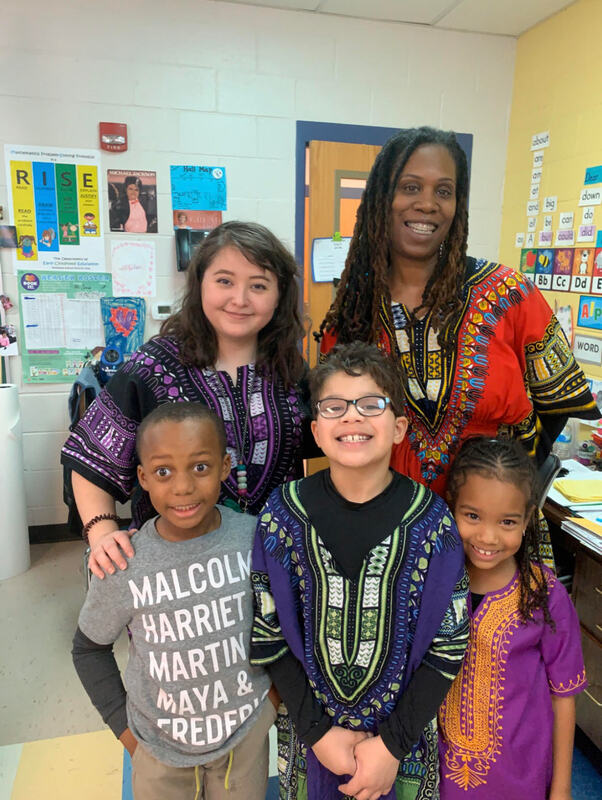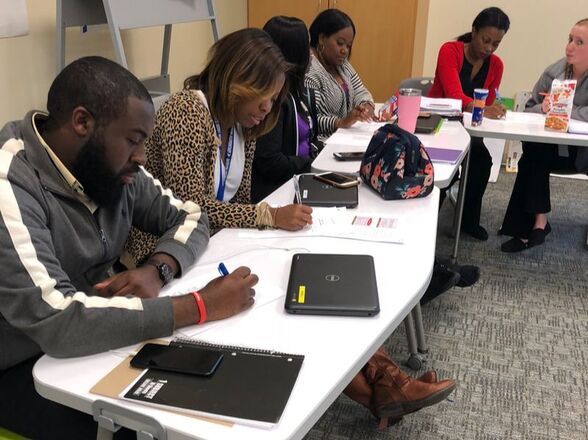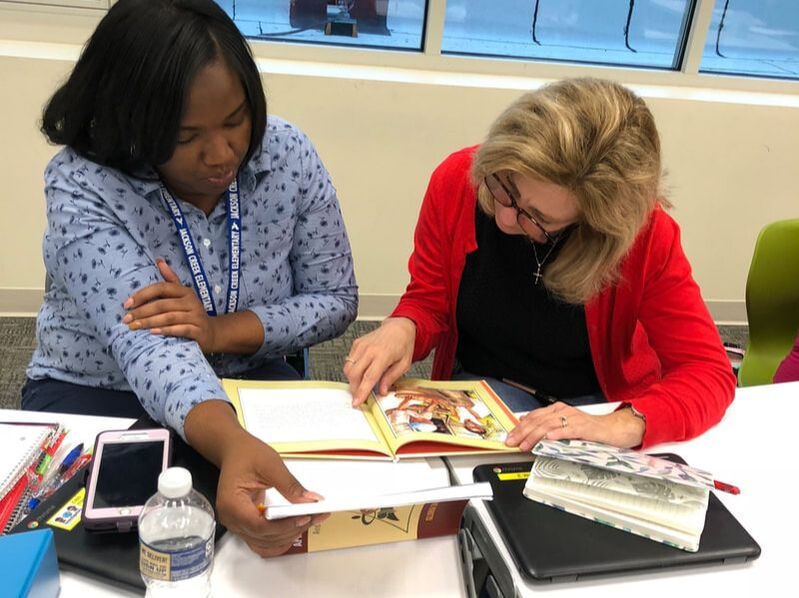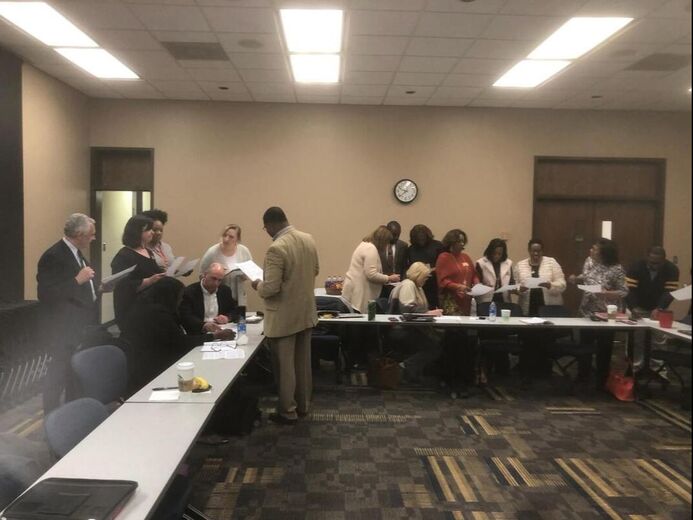Reactions from Participants.
|
"I grew up in a small southern town and it was not until college that my eyes were open to my own White privilege. Growing up I never acknowledged or even recognized the privileges that my skin color afforded. I was blind to the racial inequalities that are the foundation to not only our education system, but to our society as a whole. I grew tremendously as both a person and an educator throughout these sessions and the main thing that I learned was that as educators we can either choose to do the work of becoming a culturally relevant, anti-racist educator or we can sustain systems of oppression in education that is historically anti-Black and racist. I chose to do the work, and I make this choice each and every day. I understand the importance of not being colorblind and seeing the racial experiences of my students because my students of color do not have the privilege to not see race. I am committed to dismantle the Eurocentric curriculum that is often taught in schools. This work is not easy but it is a constant cycle of how I was socialized in a world where my Whiteness is the standard, and confronting my own implicit bias and prejudice. If I do not commit to anti-racism, then I am complicit to the physical and spiritual murders of Black men, women, and children. White silence is compliance. White silence is violence. White silence is approval. I will no longer be silent."
|
This experience has changed my life. I was brought up in a small, White community not knowing the impact and beauty of culture in our society. It has opened my heart in so many ways with each professor.
This experience helped shape my views on race and racial issues. Because of the training and learning, I have a new set of eyes. I can see systemic racism and its effect on the oppressed more clearly.
The experience has made us see through different lenses and see the value in all diversity. One of our last discussions, we talked about the difference in being non-racist vs. anti-racist.




